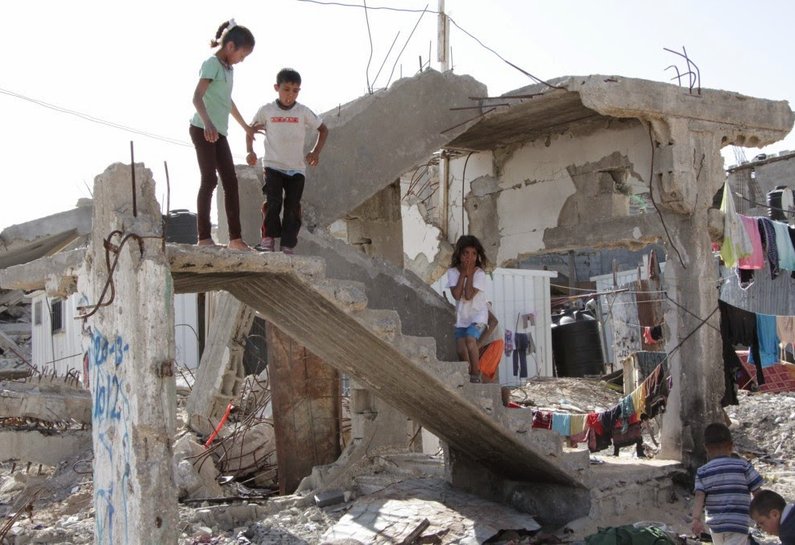On 10-year anniversary of the Gaza blockade, MAP urges action to prevent humanitarian collapse

A decade of closure has devastated the economy and infrastructure in Gaza, leaving 42% of adults unemployed and 80% of people dependent on some form of humanitarian assistance. This period has witnessed three major military offensives which have caused massive loss of life, internal displacement, and damage to Gaza’s ailing health infrastructure. Rebuilding from these assaults has been slowed by Israel’s restrictions on the entry of building materials.
A deepening of the crisis in electricity and fuel supply means that hospitals have had to cut all but the most critical services. Essential supplies are dwindling, with 34% of medicines and 32% of medical disposables at ‘zero stock’, meaning less than a month’s supply left on shelves. Only 5% of the water in Gaza is estimated to be drinkable, and 120 million litres raw sewage – untreatable without a more regular electricity supply and infrastructure development – is pumped into the sea each day.
MAP’s Director of Programmes in Gaza, Fikr Shalltoot, said: “Over the last 10 years of closure, the crisis in Gaza has been unending. It causes severe shortages of cooking gas, fuel, construction materials, medicine and medical disposables, and limits the availability of water at household level and the treatment of sewage. The current acute lack of electricity and fuel for generators is impacting services at hospitals.”
With very limited exit via the crossings with Israel and Egypt, the population in Gaza are imprisoned.
“With very limited exit via the crossings with Israel and Egypt, the population in Gaza are imprisoned. Patients struggle to access treatments which are available outside of Gaza, students are desperate to catch the training opportunities, and even humanitarian workers must justify their movements and submit to the long, bureaucratic permit procedure in order to carry out their duties.”
The closure has been described by both the International Committee of the Red Cross (ICRC) and former-UN Secretary General Ban Ki-moon as “collective punishment”. This closure is just one aspect of Israel’s 50-year occupation of the West Bank, including East Jerusalem, and Gaza. As the occupying power in Gaza, Israel therefore has an obligation to ensure the welfare of the population it controls, including ensuring the adequate provision of health, electricity, water and other basic services.
In 2012, the UN warned that Gaza could be unliveable by 2020. Last month, the ICRC further warned of an impending “systemic collapse” of Gaza’s infrastructure and economy. It is clear that the habitability of Gaza and therefore the lives of its residents are at immediate risk.
The international community must act urgently to prevent a deepening of this crisis and further loss of life. This must include pursuing an end to the separation of the West Bank and Gaza, a lifting of the blockade, and an end to the occupation.
To help demand health and dignity for Palestinians please click here.

